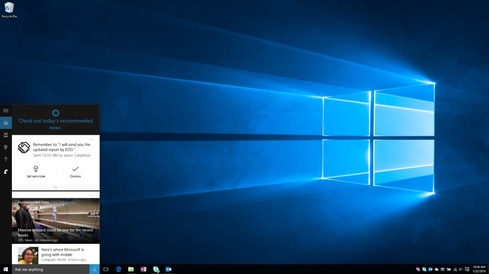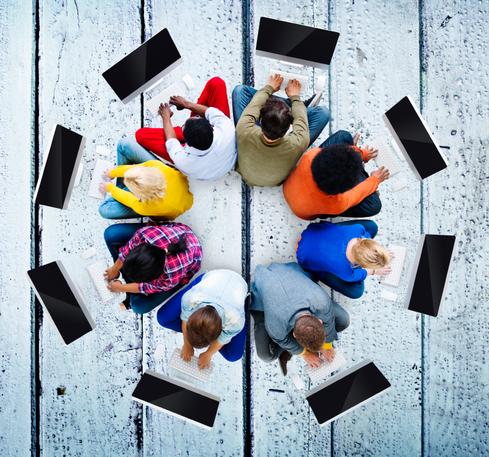Microsoft plans to make Cortana smarter with the ability to scan emails and set alerts for commitments you may forget.


9 Skype Alternatives Worth Considering
9 Skype Alternatives Worth Considering (Click image for larger view and slideshow.)
Microsoft is putting productivity at the core of its newest Cortana features, which include the ability to scan emails and schedule smart updates based on their contents.
The idea is to make Cortana more proactive about helping users manage their time. New features are intended to help those who often face overflowing inboxes and tend to forget about small but important tasks.
As it scans emails, Cortana will recognize language indicating a commitment and use this information to create reminders. If, for example, you send a message to your boss stating, "I will send you the project by 4:00 p.m.," Cortana will set an alert so you don't forget.
[Microsoft's Mimicker alarm app runs on AI.]
This feature, built in collaboration with Microsoft Research (MSR), is also handy for the times when you send yourself email reminders, including ones to book dinner reservations at a restaurant, pay a bill, or read a link later. Instead of digging through your inbox, you can receive alerts from Cortana.
Microsoft has integrated digital inking and location-based alerts into Cortana since it made the digital assistant a more prominent feature in Windows 10. Users can access the tool to track packages, get ready for meetings, schedule Uber trips, or set other location-based reminders across platforms.
The smart reminder feature is similar to Cortana's package tracking. You won't receive endless pop-up alerts if you opt into it. Rather, you access these notifications by clicking Cortana on the Windows 10 taskbar, which users frequently do anyway when they search for PC functions and Web-based information.
Suggested alerts are stored in Cortana's user interface to eliminate annoying notifications. Users have the option to disable the notification feature if they choose.
As part of today's announcements, Cortana has also been revamped to learn your scheduling habits so it can help set appointments. Over time, it will recognize when you prefer to set meetings and the hours when productivity is highest.
If you prefer morning meetings but receive a request for a 6:00 p.m. appointment, Cortana will inform you a potential meeting is outside your usual schedule. When a last-minute meeting request rolls in for 8:00 a.m. the following day, Cortana will send an alert in case you need an earlier wake-up call.
The capabilities announced Monday are beginning to roll out to Windows Insiders, and will eventually reach all Windows 10 users. It seems the US and the UK will be the only countries to receive this update for now. Microsoft did not specify the timeline for a global release.
The new features announced Monday are the latest in a series of Cortana updates to roll out over the last few months.
In Dec. 2015, Microsoft released Cortana on iOS and Android for devices running iOS 8 or Android 4.1.2. Shortly before this, Cortana was integrated with Power BI to help enterprise users generate insights on business data.
Cortana's smart reminders will eventually arrive on Android and iOS, said Cortana Group Program Manager Marcus Ash in an interview with The Verge. Microsoft is still ironing out the technical aspects of bringing the new features to other platforms.
About the Author(s)
You May Also Like







